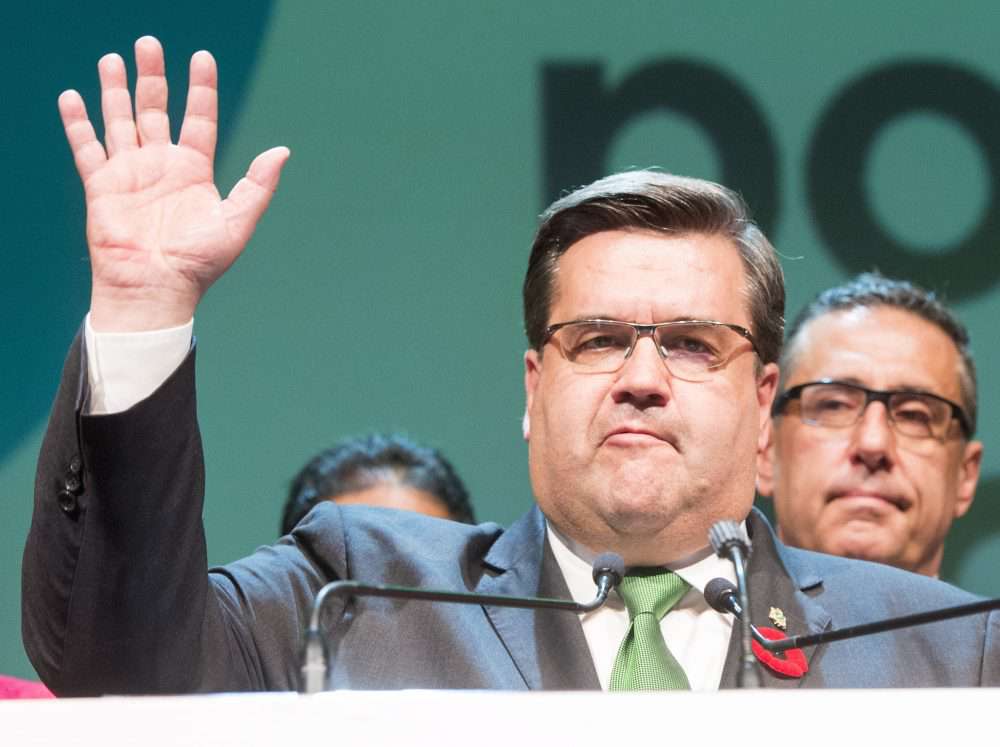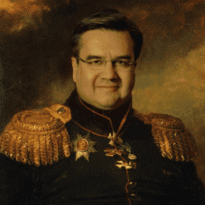Denis Coderre's defeat in the Montreal election certainly came as a surprise. I did not care for his political style but he seemed to be a pretty good mayor, and popular if often for the wrong reasons. And I think this result seemed to come from nowhere in large part because Canada's cities get far too little attention, respect or power.
To start with the negatives, to me Coderre represented too much of the dark side of Chretien-era Liberal federal politics. I found him arrogant, pushy, belligerent and partisan. Not that partisanship is entirely inappropriate in a politician, or arrogance rare. But he gave the impression of spoiling for a fight and thinking winning was all that mattered.
To some extent he seemed to me a classic populist, willing to say or do anything that would win him the applause of the majority. (That he ran for mayor as head of a party called the "Équipe Denis Coderre pour Montréal" suggests the extent to which he was a classic populist one-man show.) And that makes his defeat surprising.
Sometimes a critique of populism can sound like a critique of self-government. The premise of both is that good actions will also be popular. But there's a difference between doing the right thing and trusting the public to come around, and surfing public opinion with jeering divisiveness. From his hypersensitivity on francophone issues to his insensitivity to the broader national interest on things like Energy East, especially his tasteless victory dance when the project was abandoned, I thought Coderre too often did the latter.
Montreal voters did not seem to agree. His supposed achievement in bringing "labour peace" to Montreal sounds like buying off the public sector unions. But given the different attitude toward organized labour in Montreal, maybe people supported it. They apparently valued some of his genuine accomplishments including cracking down on corruption. And many evidently agreed with his taking a jackhammer to a Canada Post community mailbox foundation, for which he was not prosecuted though a mere citizen might well have been.
Again, one can respect his standing up for voters who did not want to lose door-to-door delivery. But what about the fact that a majority of people in Canada already don't have it? (In the last election the federal Liberals called it "Stephen Harper's plan to end door-to-door mail delivery in Canada" which is the sort of shallow jeering we could use less of in public debate.) As with his stand on pipelines, there's a kind of "Drat you Jack, I'm all right" quality to such populism.
It didn't seem that it was going to matter. As with his willingness to dump raw sewage out of pipes into the St. Lawrence but not to move oil across country through them, it seemed to convince Montrealers their mayor was a brawler for their interests. And then rather suddenly they turfed him for a relative unknown and comparative novice.
Maybe I should have seen it coming. But I'm not even sure he did. The rising tide of discontent, especially in the odd 375th anniversary celebrations, seemed from the windows of his office to be mere ripples. Arrogance apparently got the better of him. His bombast after the election in declaring that Montreal went from a city with insecurities to a world-beater in his term is typical of the man. And who did he think he was weighing in on national issues like pipelines, a premier?
Actually the last question brings me to the key point about this election. Regardless of my opinion of any given mayor, cities are really important places and should get more attention and power. We in Canada may have the most spectacular natural endowments of any nation on Earth but we are highly urbanized. Yet how much do even informed citizens outside Montreal, and especially outside Quebec, know about Montreal's issues, or outside Toronto about its special concerns and problems?
How much attention does the politics even of these major metropolitan centres get compared to, say, one of the Atlantic or Prairie provinces whose population is considerably lower? (I can speak from experience in saying trying to raise interest in a conference on municipal governance is no easy task.) And how much does it deserve given their limited capacity to cope with their issues?
One plus in Coderre's record is that he did succeed in getting special metropolitan status for Montreal, a long overdue move that might let it, say, extend bar hours without going hat in hand to Quebec City. But like Toronto, this huge and dynamic metropolitan area is far too much in the shadow and under the thumb of a provincial government with far too much else to do.
Witness the nebulously pleasant promises of mayor-elect Valérie Plante and her Projet Montréal, a suitably vague name for a political movement that is pro-humanity and anti-bad things and wants more public transit, a sustainable city, culture, public transit, economic development, public transit, public housing, accountability, participatory democracy and public transit. Whether they even have opinions on many key issues, let alone workable policies, remains to be seen. But what they don't have is the power to tax and legislate in ways that might really let them succeed… or fail under their own steam.
You can't be suggesting giving hundreds of cities such power, I hear you cry. And I'm not. Rather, I'm repeating a suggestion argued at some length in my documentary True Strong and Free: Fixing Canada's Constitution that a key element of effective devolution in Canada is to create more provinces, including two that are essentially entirely urban, greater Toronto and greater Montreal.
I wouldn't have liked Coderre's opinion on pipelines any better had he been premier of Montreal. But there's a certain logic to the chief executive of a vital region of Canada with 4 million inhabitants being heeded on national matters. And having a legislature, not just a city council, to keep an eye on him or now her, one with real power to pass laws and raise revenue.
Frankly if I'd been a Montreal voter I doubt I'd have supported either Coderre or Plante. But I should in either case have been voting in a provincial election, because cities matter a great deal and need more power, whatever we think of a given incumbent.
Photo Credit: Toronto Sun








